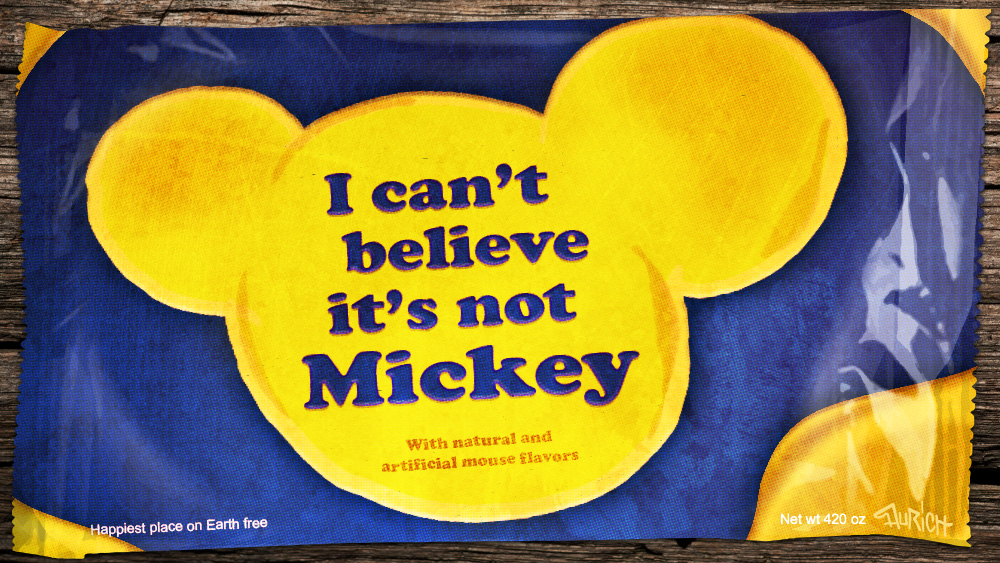On January 1, 2019, every book, film, and song published in 1923 will fall out of copyright protection—something that hasn't happened in 40 years. At least, that's what will happen if Congress doesn't retroactively change copyright law to prevent it—as Congress has done two previous times.
Until the 1970s, copyright terms only lasted for 56 years. But Congress retroactively extended the term of older works to 75 years in 1976. Then on October 27, 1998—just weeks before works from 1923 were scheduled to fall into the public domain—President Bill Clinton signed legislation retroactively extending the term of older works to 95 years, locking up works published in 1923 or later for another 20 years.
Will Congress do the same thing again this year? To find out, we talked to groups on both sides of the nation's copyright debate—to digital rights advocates at the Electronic Frontier Foundation and Public Knowledge and to industry groups like the Motion Picture Association of America and the Recording Industry Association of America. To our surprise, there seemed to be universal agreement that another copyright extension was unlikely to be on the agenda this year.
"We are not aware of any such efforts, and it's not something we are pursuing," an RIAA spokesman told us when we asked about legislation to retroactively extend copyright terms.
"While copyright term has been a longstanding topic of conversation in policy circles, we are not aware of any legislative proposals to address the issue," the MPAA told us.
Presumably, many of the MPAA's members would gladly take a longer copyright term if they could get it. For example, Disney's copyright for the first Mickey Mouse film, Steamboat Willie, is scheduled to expire in 2024. But the political environment has shifted so much since 1998 that major copyright holders may not even try to extend copyright terms before they start to expire again.
The politics of copyright have changed dramatically
In 2013, on the 15th anniversary of the 1998 Copyright Term Extension Act, I wrote an in-depth look at the legislative fight over that bill. I talked to Dennis Karjala, a law professor who was part of the lonely opposition to longer copyright terms in the 1990s. He died last year.



 Loading comments...
Loading comments...
